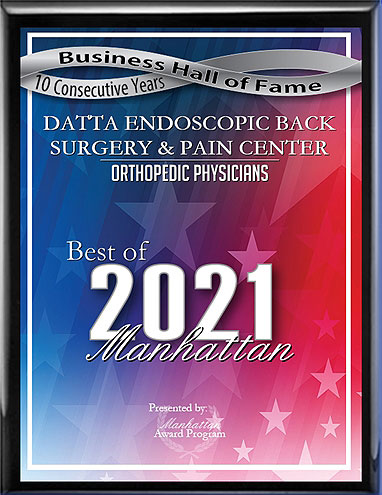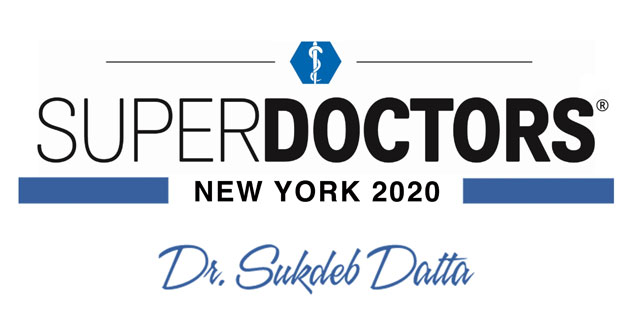Degenerative disc disease is extremely common with age, and many of the features of degenerative disc disease are a normal part of aging. Some people with discs that have begun to degenerate never experience symptoms, and in such cases there is no need to treat the condition. On the other hand, some people with degenerative disc disease develop symptoms that can have a significant impact on their quality of life.
Signs and Symptoms
With age, the intervertebral discs of the spine become thinner and lose fluid. They may develop small tears or cracks. In some cases, degenerative disc disease can lead to additional conditions like herniated discs, osteoarthritis, or spinal stenosis. Most cases are caused by aging, but some cases may occur after a sudden injury to the back.
Some potential signs and symptoms of the condition include:
- Pain - Pain can be chronic but may have flare-ups of severe pain for several days, weeks, or months. Pain may get worse when doing certain activities. Depending on the case, pain varies from mild and intermittent to severe and constant.
- Muscle weakness - May occur if the condition has led to herniated discs or spinal stenosis.
- Tingling or numbness - May also occur if the condition has led to herniated discs or spinal stenosis.
Treatment Options
The appropriate treatment for this condition depends on its severity and whether or not it has led to any additional complications. The majority of cases can be managed without resorting to invasive methods, which is preferable because of the lower costs and lower risks. Examples of non-invasive treatments include physical therapy, home exercises, weight loss, and medication.
Injections are a minimally invasive method of treatment that may sometimes be used. Epidural steroid injections can be used to reduce inflammation and control symptoms. Stem cell therapy is a cutting-edge treatment that may provide long-lasting relief of inflammation.
A number of minimally invasive surgical procedures may be used for degenerative disc disease. For example, laser spine surgery allows doctors to operate on the diseased disc(s) while only making small incisions. These procedures can be performed in an outpatient setting and have a shorter recovery time and lower risks than traditional surgery.
In some cases, it may be necessary to use traditional open spine surgery to treat this condition. Traditional spine surgery is very invasive and has a lengthy recovery time, including a hospital stay of several days. However, in cases where it is the only appropriate treatment option, the benefits are considered worth the downsides.
Dr. Sukdeb Datta of the Datta Endoscopic Back Surgery and Pain Center has treated hundreds of cases of degenerative disc disease. He offers a wide range of minimally invasive procedures designed to improve patient outcomes.
Dr. Datta would be happy to meet with you about your spine health. To schedule a consultation today, please click below and enter your information or give us a call at (212) 430-0312.






 EDISCSCULPT
EDISCSCULPT



